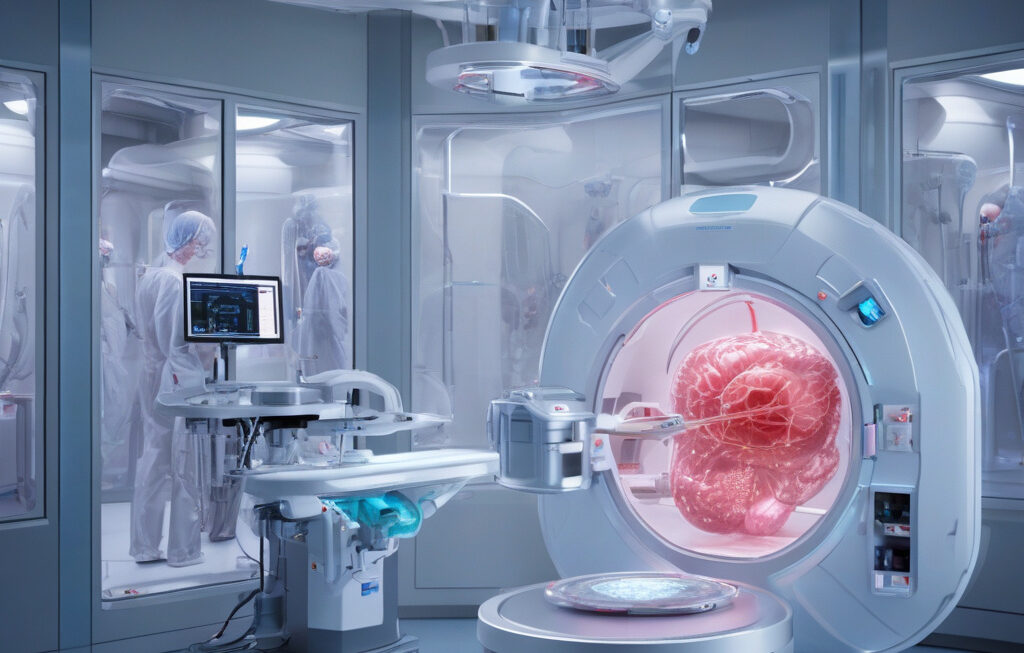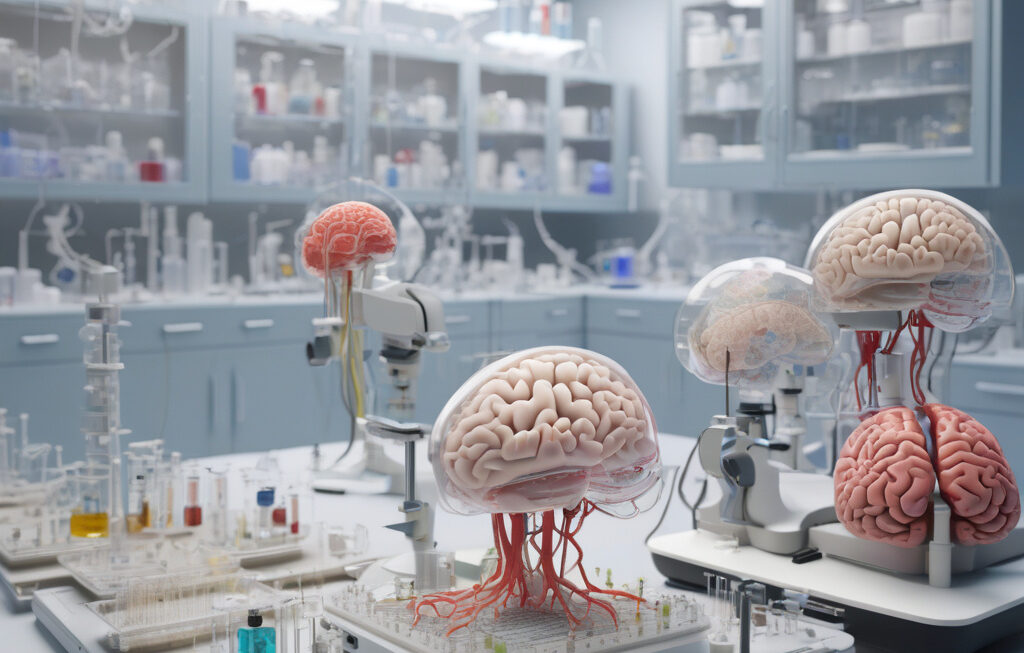World’s Simplest Artificial Cell Unveiled: A Breakthrough in Understanding Life’s Navigation
Researchers have successfully built the simplest artificial cell ever that can navigate using chemicals, marking a significant leap in the field of synthetic biology. This groundbreaking achievement opens up a plethora of possibilities for understanding the fundamental principles of life’s navigation systems.
The artificial cell, developed by a team of innovative scientists, mimics the behavior of natural cells by utilizing chemical signals to move in a specific direction. This remarkable feat showcases the potential of synthetic biology to unravel the complexities of cellular processes and pave the way for future advancements in biotechnology.
One of the key implications of this discovery is the potential application in targeted drug delivery systems. By harnessing the navigational capabilities of these artificial cells, researchers could revolutionize the field of medicine by precisely targeting diseased cells with therapeutic agents, minimizing side effects, and enhancing treatment outcomes.
Moreover, the development of the simplest artificial cell represents a significant milestone in our quest to understand the origins of life. By replicating the basic functions of living cells, scientists can gain valuable insights into the mechanisms that govern biological systems and shed light on the evolutionary pathways that led to the emergence of life on Earth.
This groundbreaking research not only pushes the boundaries of scientific knowledge but also underscores the transformative power of interdisciplinary collaboration. By bringing together experts from diverse fields such as biology, chemistry, physics, and engineering, researchers were able to overcome complex challenges and achieve a feat that was once thought to be impossible.
The implications of this discovery go beyond the realm of basic science and have the potential to catalyze innovation in various industries. From biomedicine to biotechnology, the applications of artificial cells are vast and promise to revolutionize the way we approach healthcare, environmental sustainability, and beyond.
As we delve deeper into the intricacies of synthetic biology, it is crucial to address ethical considerations and ensure responsible use of this technology. While the potential benefits of artificial cells are immense, it is essential to proceed with caution and consider the implications of altering the fundamental building blocks of life.
In conclusion, the unveiling of the world’s simplest artificial cell represents a monumental achievement in the field of synthetic biology. By harnessing the power of chemical navigation, researchers have unlocked new possibilities for understanding the complexities of life and pushing the boundaries of scientific innovation. As we continue to explore the potential applications of artificial cells, it is imperative to approach this technology with careful consideration and a commitment to ethical practice.
#ArtificialCell #SyntheticBiology #LifeNavigation #Biotechnology #ScientificInnovation












